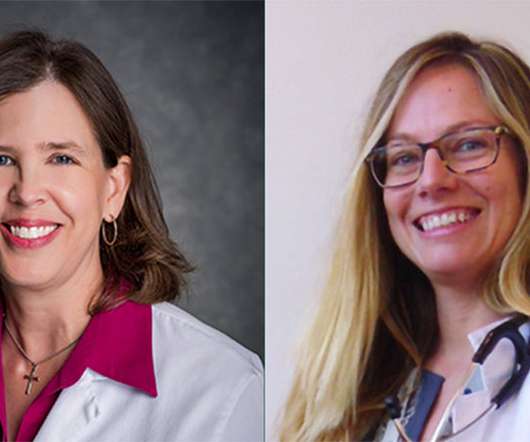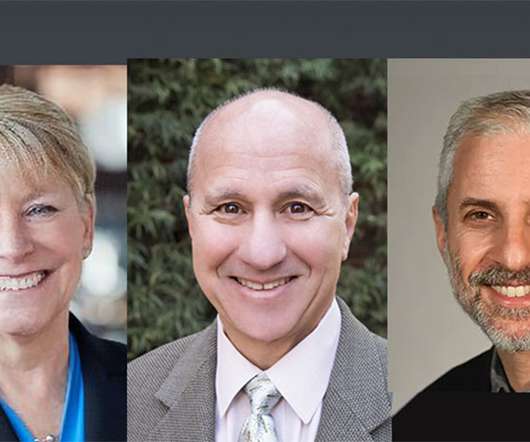Improving Hospital Care for Older Adults through Acute Care for Elders (ACE Units): Kellie Flood and Stephanie Rogers
GeriPal
JANUARY 12, 2023
After coming out of residency and taking care of lots of complicated older adults as of now, a brand new physician attending, I really needed that team to help me out. Not every hospital or every health system is the same physically or financial incentives or which clinical programs exist and patient demographics.











Let's personalize your content